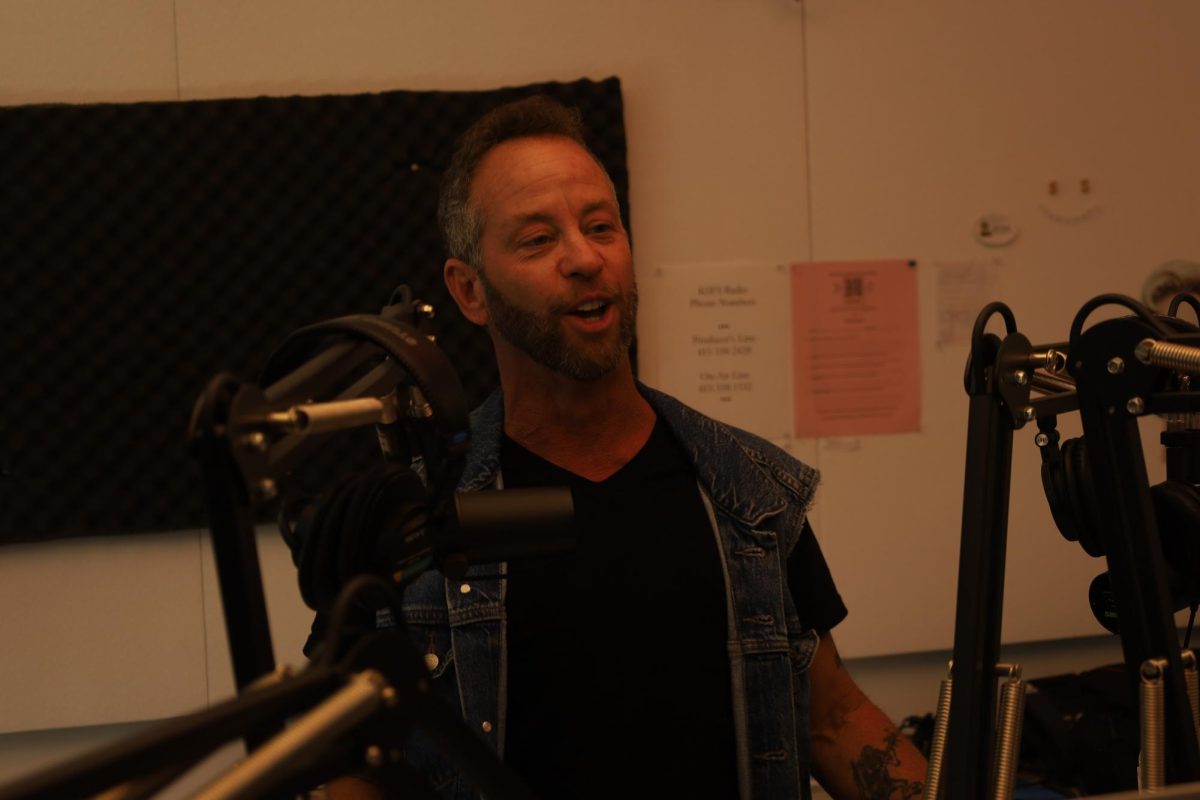Charles B. Reed led the CSU system through an era of cuts to the university’s state funding. In the past four years alone, Sacramento legislators have slashed more than $1 billion from the university system’s coffers, according to the CSU’s budget history publication. At the same time, enrollment in the CSU system has grown, adding 100,000 yearly students since Reed took office in 1998.
The chancellor pioneered programs reaching out to California high school juniors and military personnel. He oversaw the development of an educational doctorate degree and worked with the state’s community college system to streamline the transfer process. He is credited by several organizations serving Latino/a and Asian and Pacific Islander populations with increasing the diversity of the CSU’s student body and upholding the university’s goal of providing an elite education to under served Californians. Reed received numerous accolades throughout his career.
But the final few months of Reed’s administration were embroiled with controversy. A KCBS Los Angeles investigation in May uncovered thousands of dollars spent by the CSU on high-end catering and dining for administrators, including nearly $2,000 in wine alone, at least some of which was funded by taxpayer money. And the CSU spent more than $1 million remodeling homes provided to campus presidents over the past year, according to an Associated Press report.
It’s not the first time that the CSU chancellor’s office has been accused of misusing taxpayer funds. A California State Auditor report released in late 2009 found that an unnamed high-ranking official in the chancellor’s office received $152,441 in improper expense reimbursements between 2005 and 2008. The state auditor charged that the official was not adequately supervised and that the university “failed to follow long-established policies and procedures designed to ensure accuracy and adequate control of expenses.”
The chancellor’s office responded that although the cost of the dinner was charged to a CSU credit card, the entire cost was reimbursed by the private David and Lucile Packard Foundation.
“The KCBS investigation was full of inaccuracies that misrepresented the work of Dr. Reed and the chancellor’s office,” CSU spokeswoman Liz Chapin said. “To infer an abuse of taxpayer money speaks to a lack of journalistic integrity that is prevalent in that KCBS story.”
The chancellor’s office has instituted close to $49 million in cost saving measures over the past few years in response to massive cuts in state funding, according to Chapin, and the KCBS report focused on small costs that were established as part of that larger cost-saving effort.
Spokesperson for State Senator Ted Lieu’s office Ray Sotero said he would not be surprised if the senator introduces legislation concerning CSU administrator spending in the next legislative session.
Despite the controversy surrounding the end of his term, Reed looked back fondly when he announced his retirement May 24.
“I have been honored to sign more than a million diplomas. I take great pride in the CSU’s mission to serve California’s students, and I am proud to have played a role in carrying out that mission during these critical years,” Reed wrote in his retirement announcement.
Paul Murre, president of the College Democrats at SF State and Phil Klasky, SF State American Indian Studies professor will not miss Reed’s leadership of the CSU.
“The next chancellor has to be an advocate for education,” Klasky said. “The next chancellor has to have a strong orientation in social justice and be willing to go to the legislature and advocate for public education.”
The Special Committee for the Selection of the Chancellor, comprised of eight members of the CSU Board of Trustees, expects to finalize its selection sometime this fall, said Stephanie Thara, spokesperson at the CSU Office of Public Affairs.
Thara confirmed that Reed will serve as chancellor until the committee selects a replacement. The CSU continues to seek public feedback through its website.





